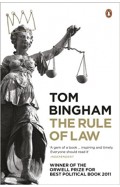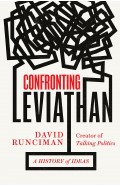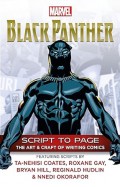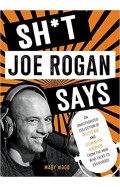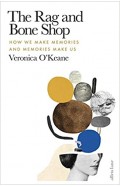Death of a Salesman - Certain Private Conversations in Two Acts and a Requiem
By: Arthur Miller
-
Rs 2,065.50
- Rs 2,295.00
- 10%
You save Rs 229.50.
Due to constant currency fluctuation, prices are subject to change with or without notice.
A Memory of Two Mondays (Student Editions) -
By: Arthur Miller
Rs 997.50 Rs 1,995.00 Ex Tax :Rs 997.50
The Crucible: A Play in Four Acts (Penguin Modern Classics)
By: Arthur Miller
Rs 2,065.50 Rs 2,295.00 Ex Tax :Rs 2,065.50
Death of a Salesman - Certain Private Conversations in Two Acts and a Requiem
By: Arthur Miller
Rs 2,065.50 Rs 2,295.00 Ex Tax :Rs 2,065.50
Zubin Mehta: A Musical Journey (An Authorized Biography)
By: VOID - Bakhtiar K. Dadabhoy
Rs 892.50 Rs 1,050.00 Ex Tax :Rs 892.50
A Wrinkle in Time (Puffin Modern Classics)
By: Madeleine LEngle
Rs 1,795.50 Rs 1,995.00 Ex Tax :Rs 1,795.50
Piranesi: WINNER OF THE WOMEN'S PRIZE 2021 (Bloomsbury Publishing)
By: Susanna Clarke
Rs 2,065.50 Rs 2,295.00 Ex Tax :Rs 2,065.50
The Origins of Political Order From Prehuman Times to the French RevolutioN
By: Francis Fukuyama
Rs 4,045.50 Rs 4,495.00 Ex Tax :Rs 4,045.50
A Wrinkle in Time (Puffin Modern Classics)
By: Madeleine LEngle
Rs 1,795.50 Rs 1,995.00 Ex Tax :Rs 1,795.50
Piranesi: WINNER OF THE WOMEN'S PRIZE 2021 (Bloomsbury Publishing)
By: Susanna Clarke
Rs 2,065.50 Rs 2,295.00 Ex Tax :Rs 2,065.50
The Wealth Chef - Recipes to Make Your Money Work Hard, So You Don't Have To
By: Ann Wilson
Rs 4,945.50 Rs 5,495.00 Ex Tax :Rs 4,945.50
Problem Hunting - The Tech Startup Textbook
By: Brian Long
Rs 5,125.50 Rs 5,695.00 Ex Tax :Rs 5,125.50
Confronting Leviathan - A History of Ideas
By: David Runciman
Rs 2,120.75 Rs 2,495.00 Ex Tax :Rs 2,120.75
Lunar - A History of the Moon in Myths, Maps + Matter
By: Dava Sobel
Rs 17,995.50 Rs 19,995.00 Ex Tax :Rs 17,995.50
Everything You Need to Ace Chemistry in One Big Fat Notebook
By: Workman Publishing
Rs 4,495.50 Rs 4,995.00 Ex Tax :Rs 4,495.50
Sew Your Own Cuddly Cushion Kit Magical Unicorn
By: Bookoli Ltd
Rs 2,425.50 Rs 2,695.00 Ex Tax :Rs 2,425.50
Sh*t Joe Rogan Says - An Unauthorized Collection of Quotes and Common Sense from the Man Who Talks to Everybody
By: Mary Wood
Rs 2,460.75 Rs 2,895.00 Ex Tax :Rs 2,460.75
Reopening Muslim Minds - A Return to Reason, Freedom, and Tolerance
By: Mustafa Akyol
Rs 4,156.00 Rs 5,195.00 Ex Tax :Rs 4,156.00
The Rag and Bone Shop - A Book about Mind, Memory and Medicine
By: Veronica OKeane
Rs 1,610.75 Rs 1,895.00 Ex Tax :Rs 1,610.75
Zubin Mehta: A Musical Journey (An Authorized Biography)
By: VOID - Bakhtiar K. Dadabhoy
Rs 892.50 Rs 1,050.00 Ex Tax :Rs 892.50
A Memory of Two Mondays (Student Editions) -
By: Arthur Miller
Rs 997.50 Rs 1,995.00 Ex Tax :Rs 997.50
The Crucible: A Play in Four Acts (Penguin Modern Classics)
By: Arthur Miller
Rs 2,065.50 Rs 2,295.00 Ex Tax :Rs 2,065.50
Death of a Salesman - Certain Private Conversations in Two Acts and a Requiem
By: Arthur Miller
Rs 2,065.50 Rs 2,295.00 Ex Tax :Rs 2,065.50
A Wrinkle in Time (Puffin Modern Classics)
By: Madeleine LEngle
Rs 1,795.50 Rs 1,995.00 Ex Tax :Rs 1,795.50
Piranesi: WINNER OF THE WOMEN'S PRIZE 2021 (Bloomsbury Publishing)
By: Susanna Clarke
Rs 2,065.50 Rs 2,295.00 Ex Tax :Rs 2,065.50












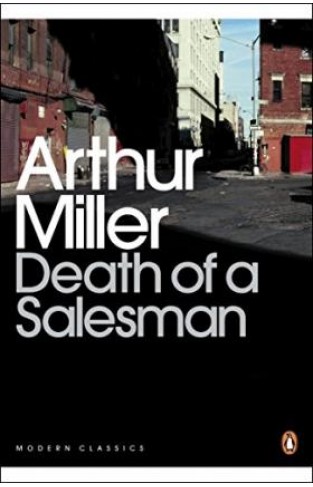
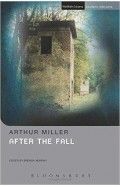
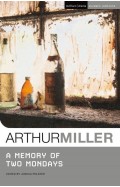
-Paperback-120x187.jpg?q6)

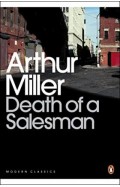
-120x187.jpg?q6)






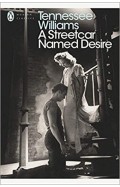
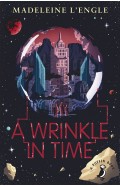
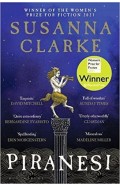
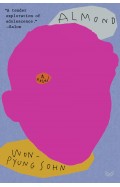
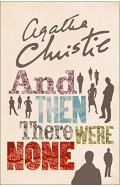
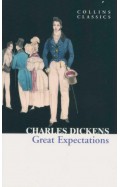




-120x187.jpg?q6)


-120x187.jpg?q6)


